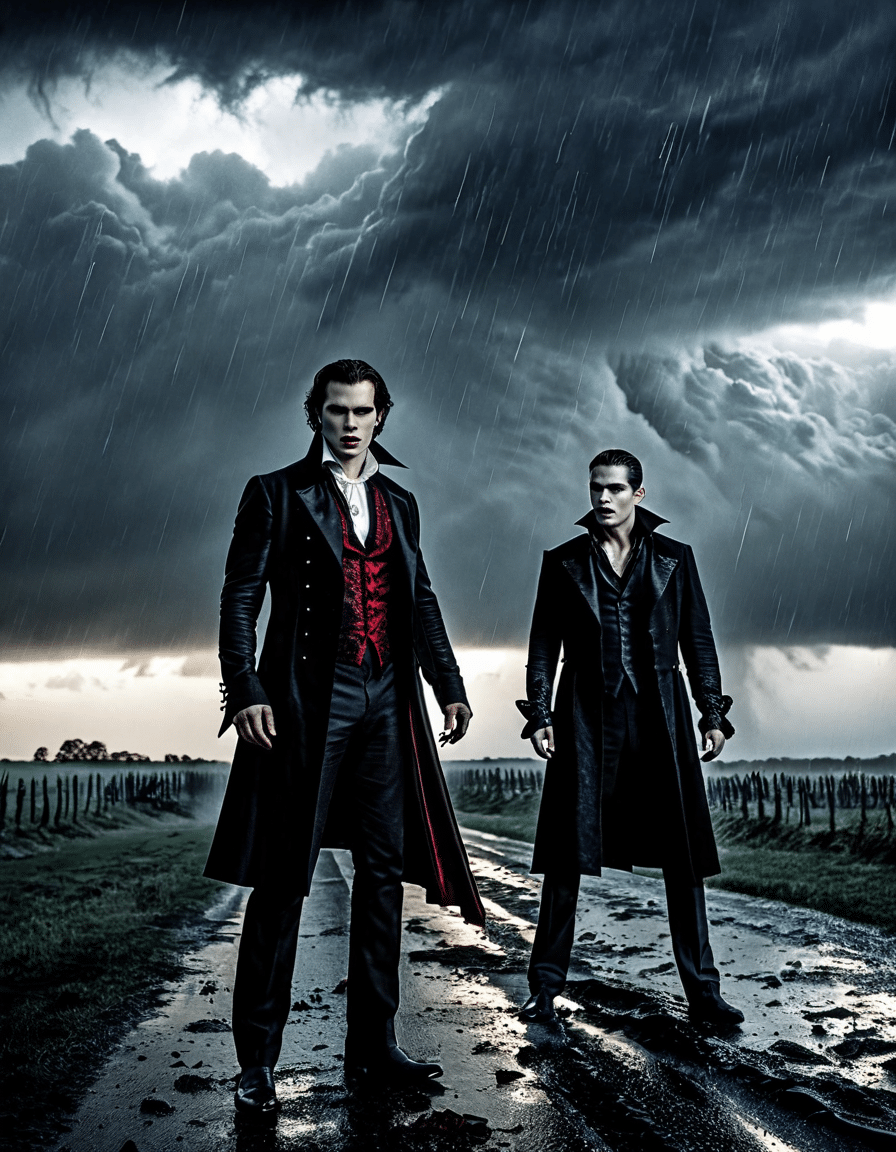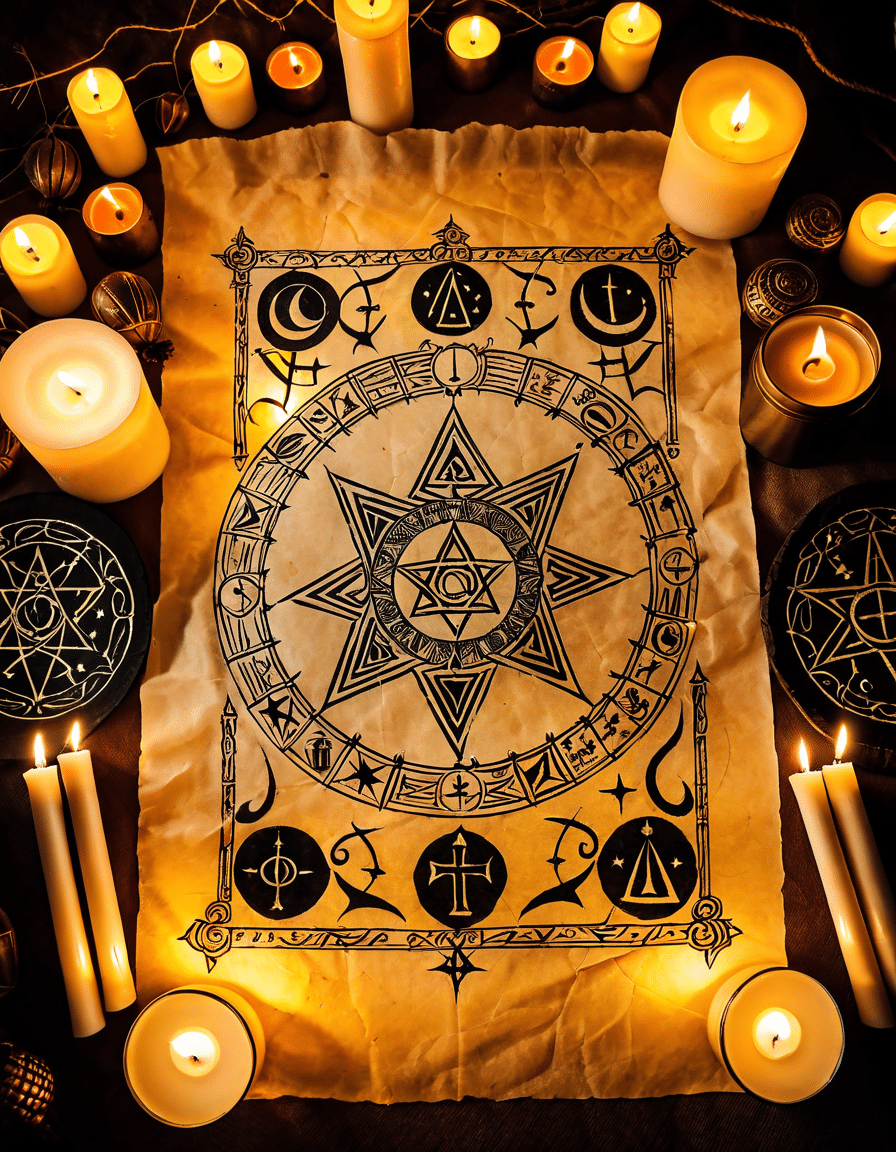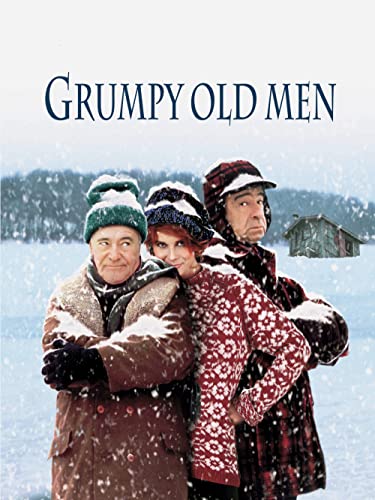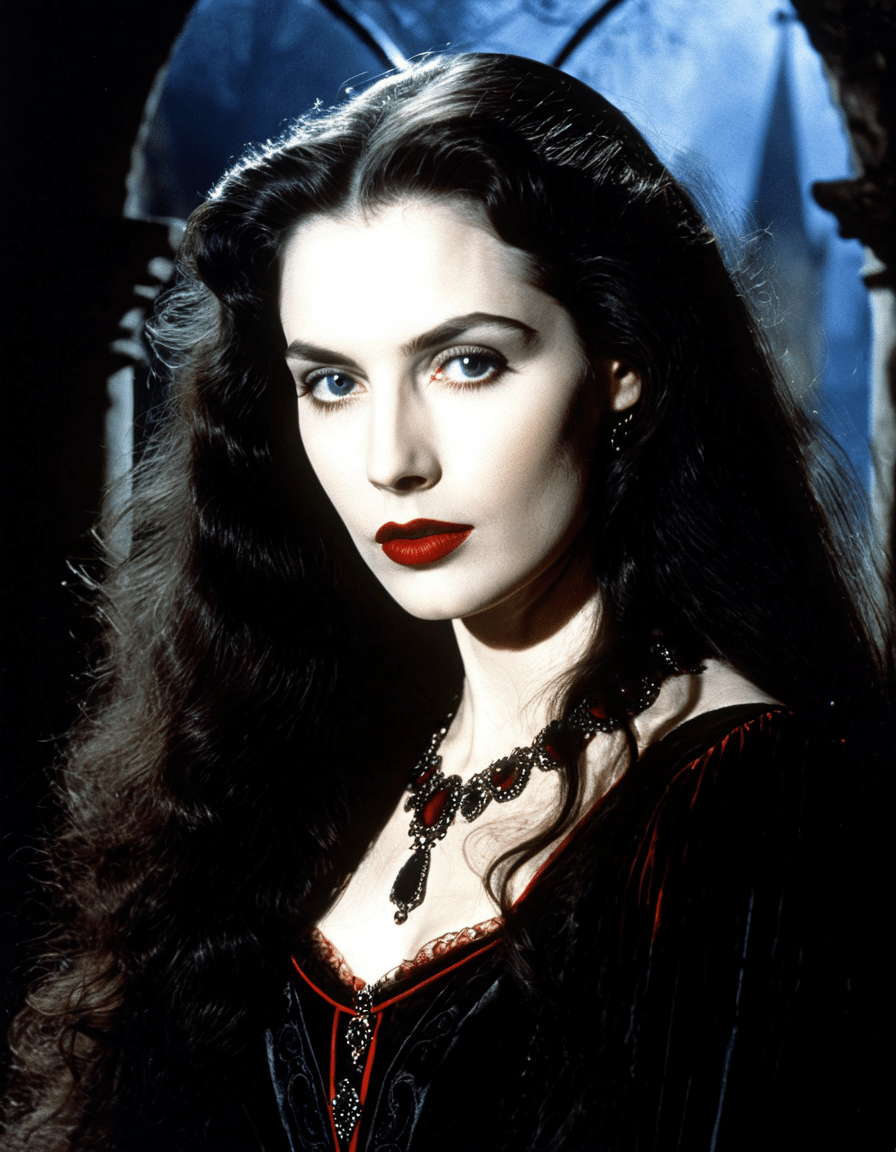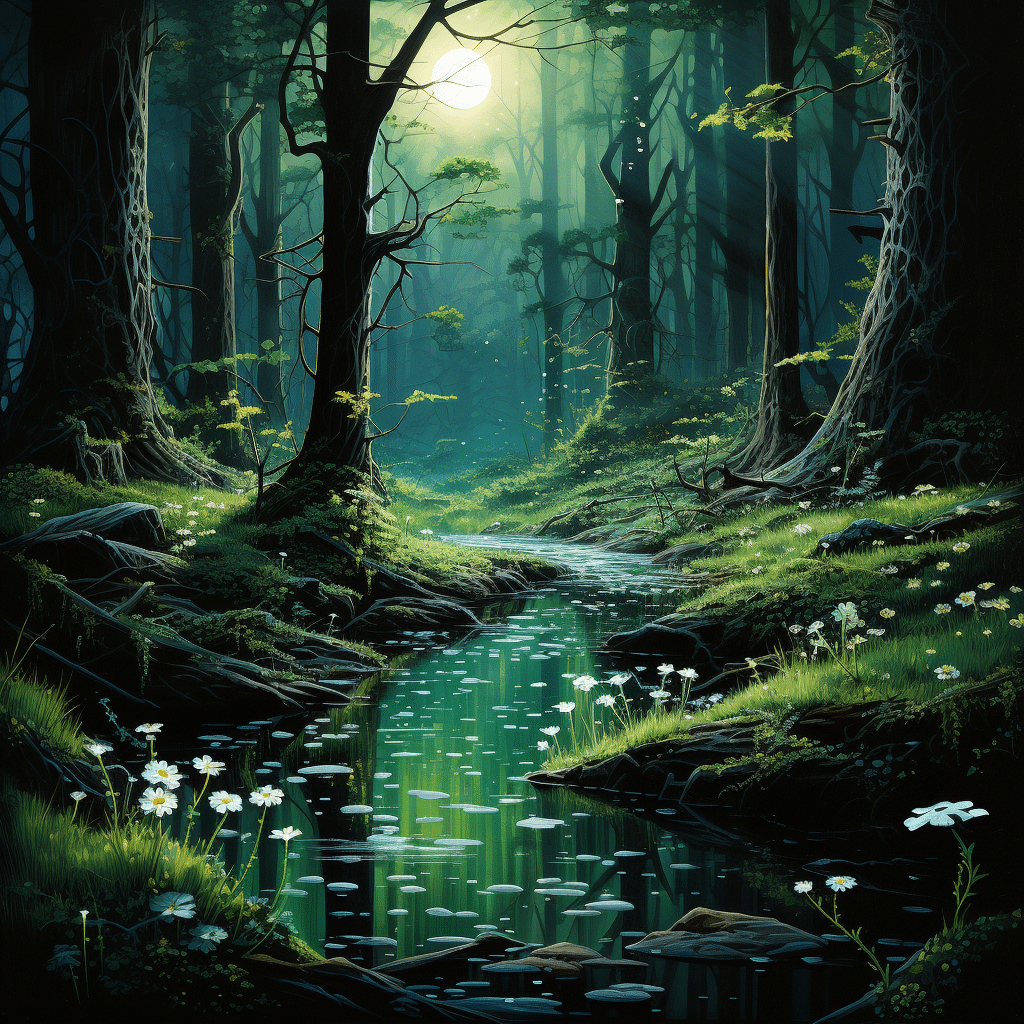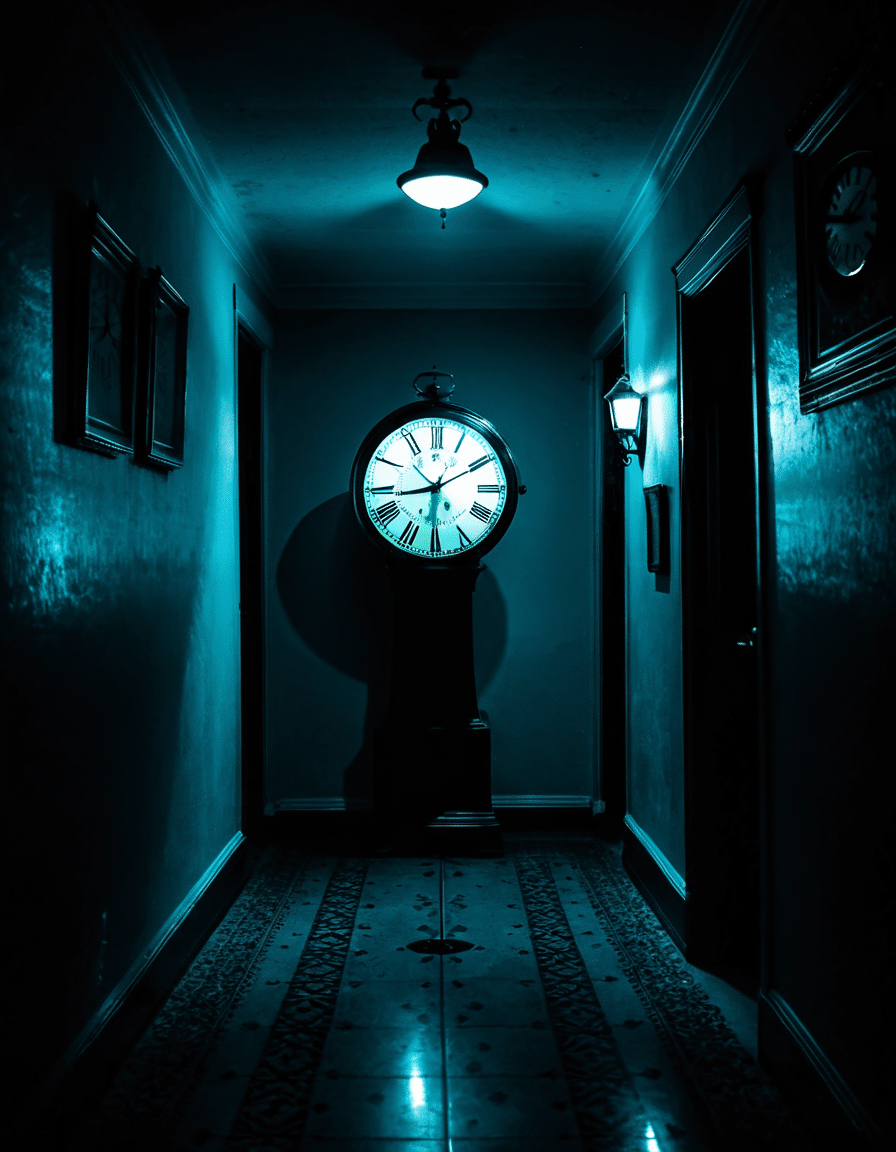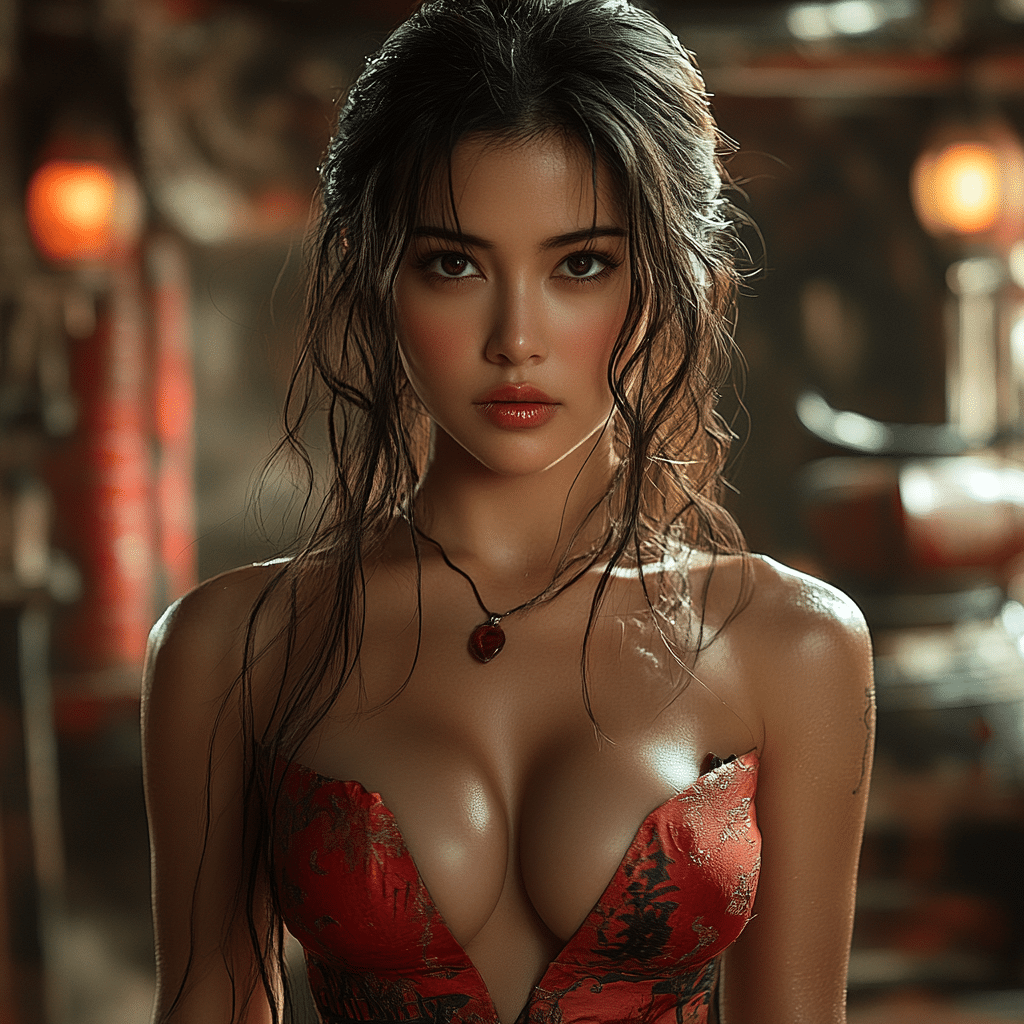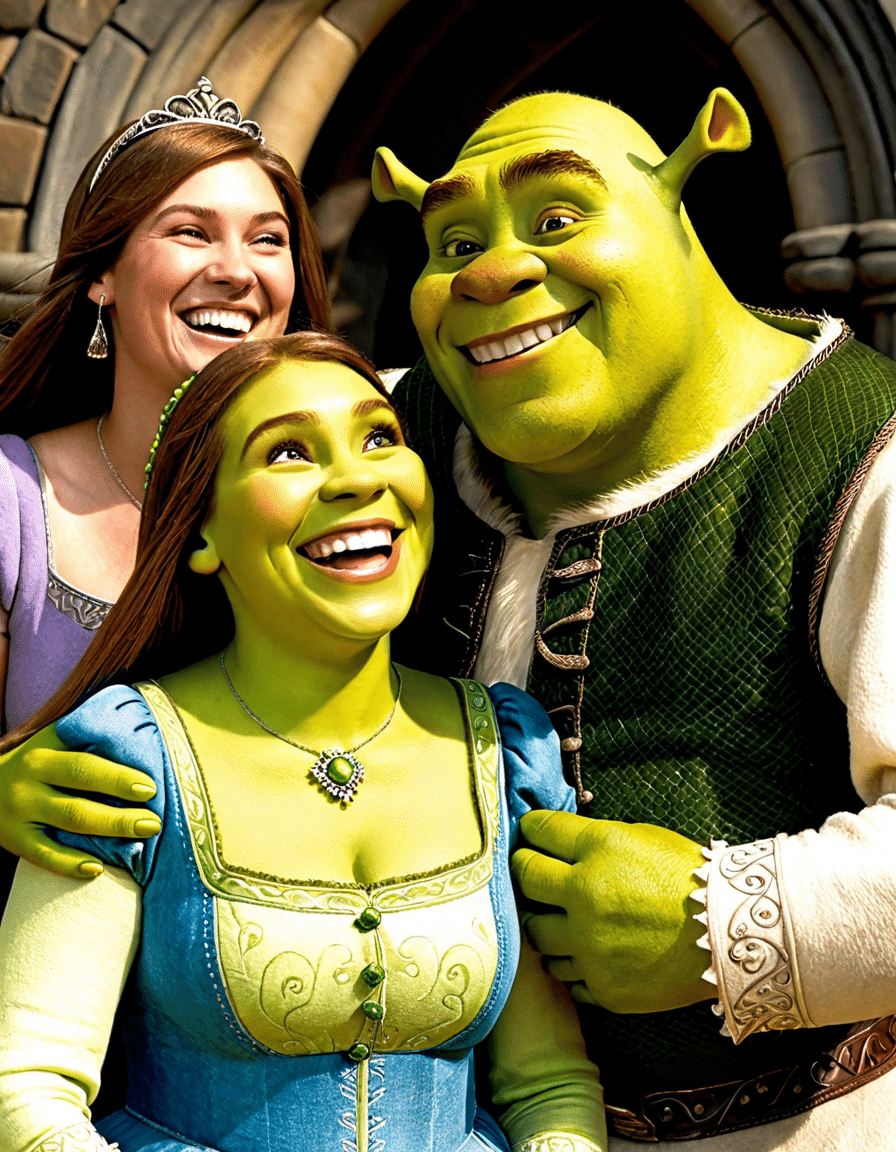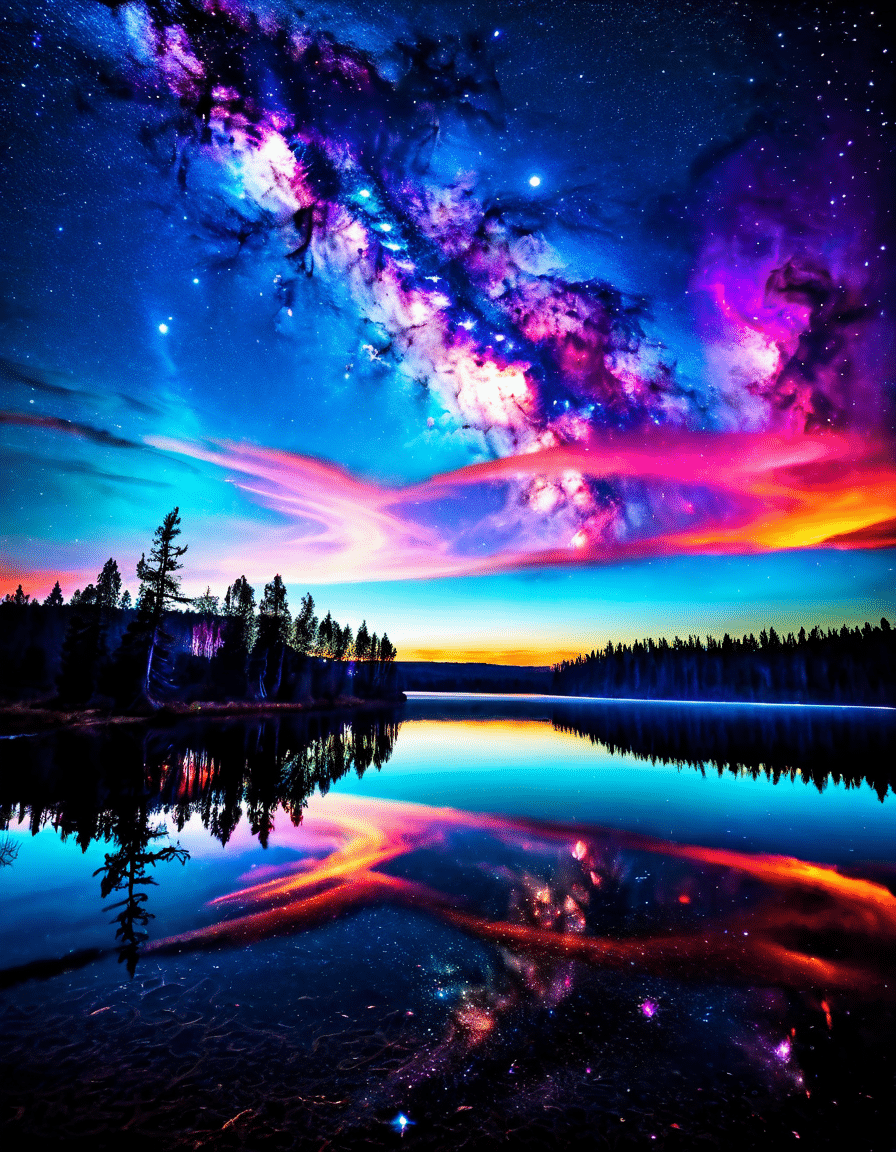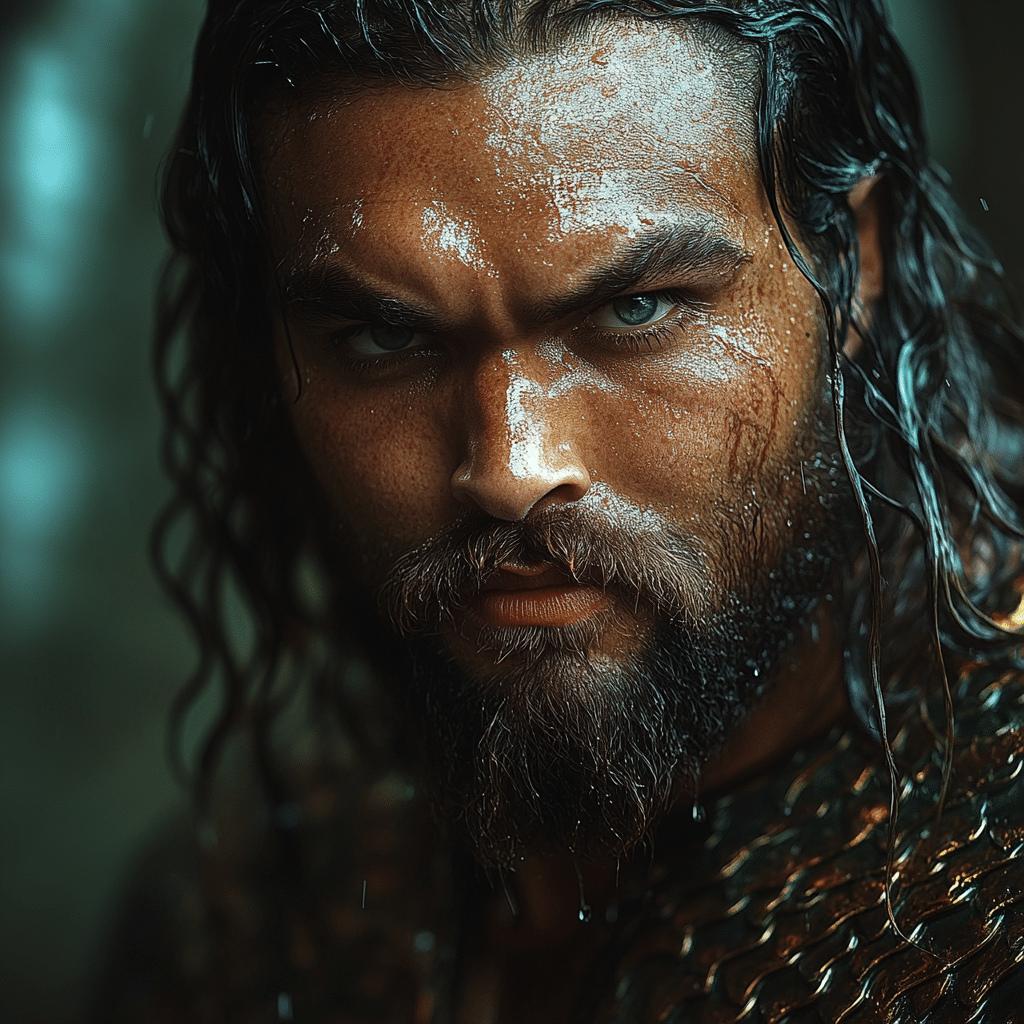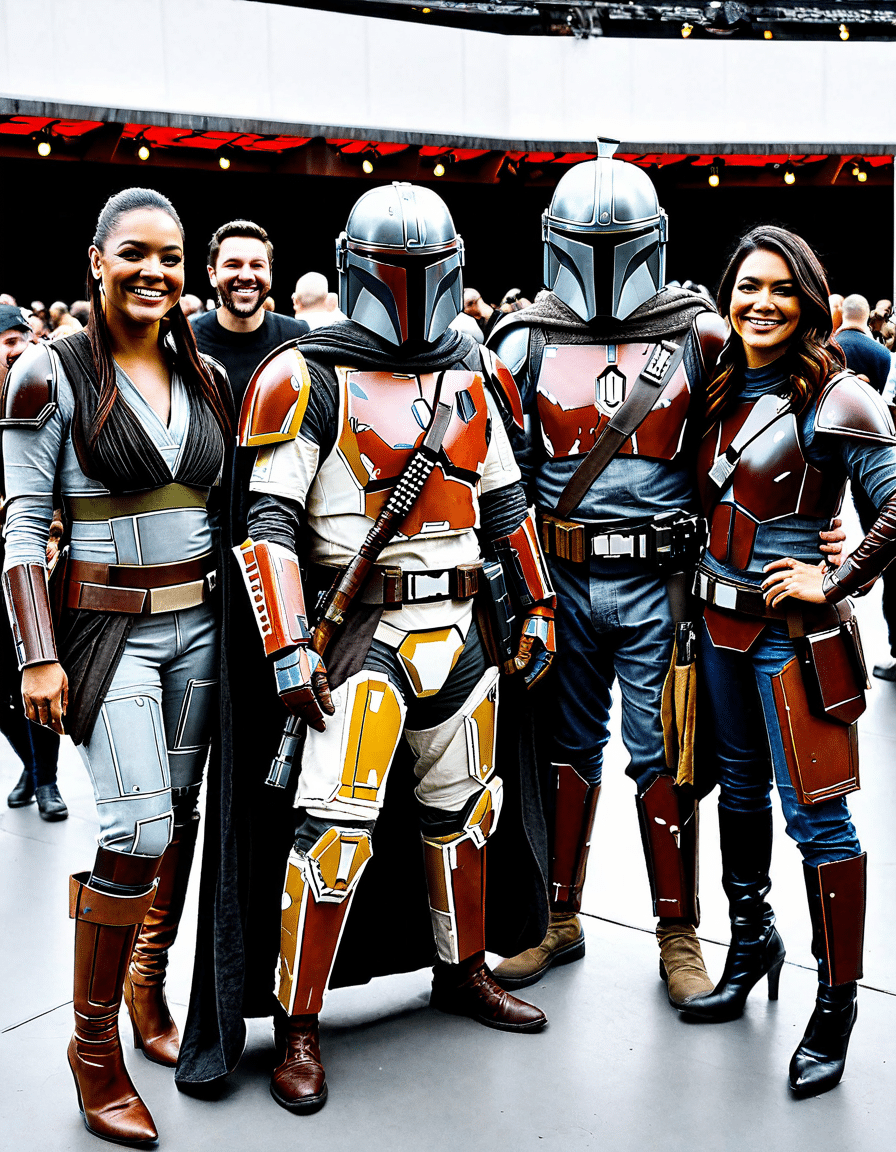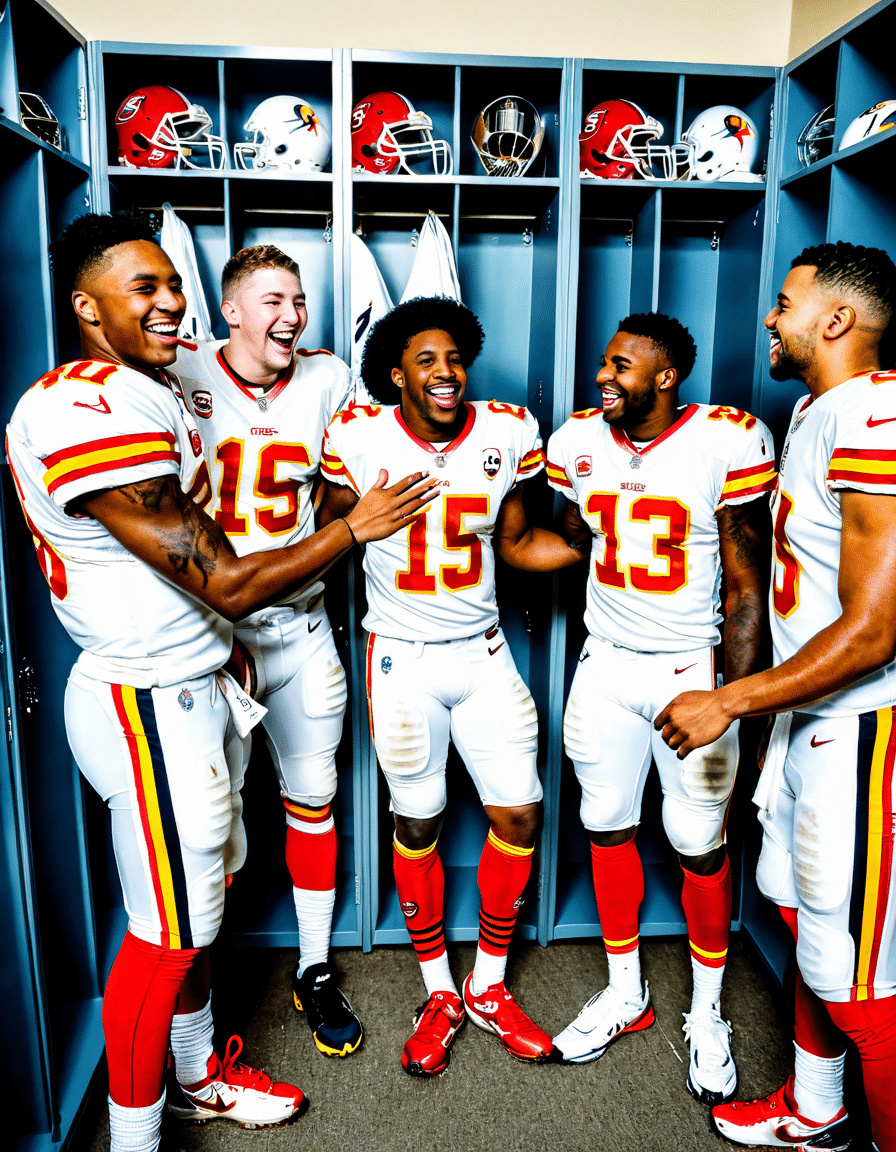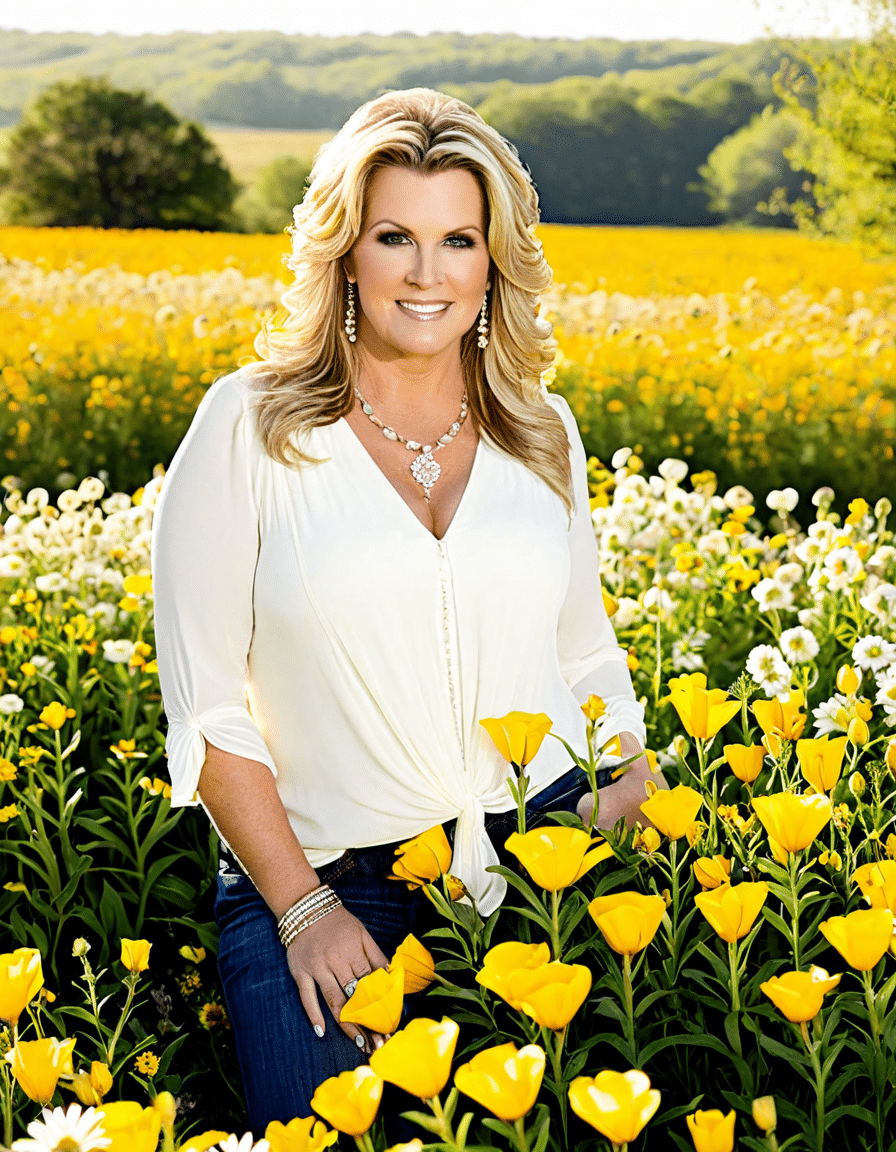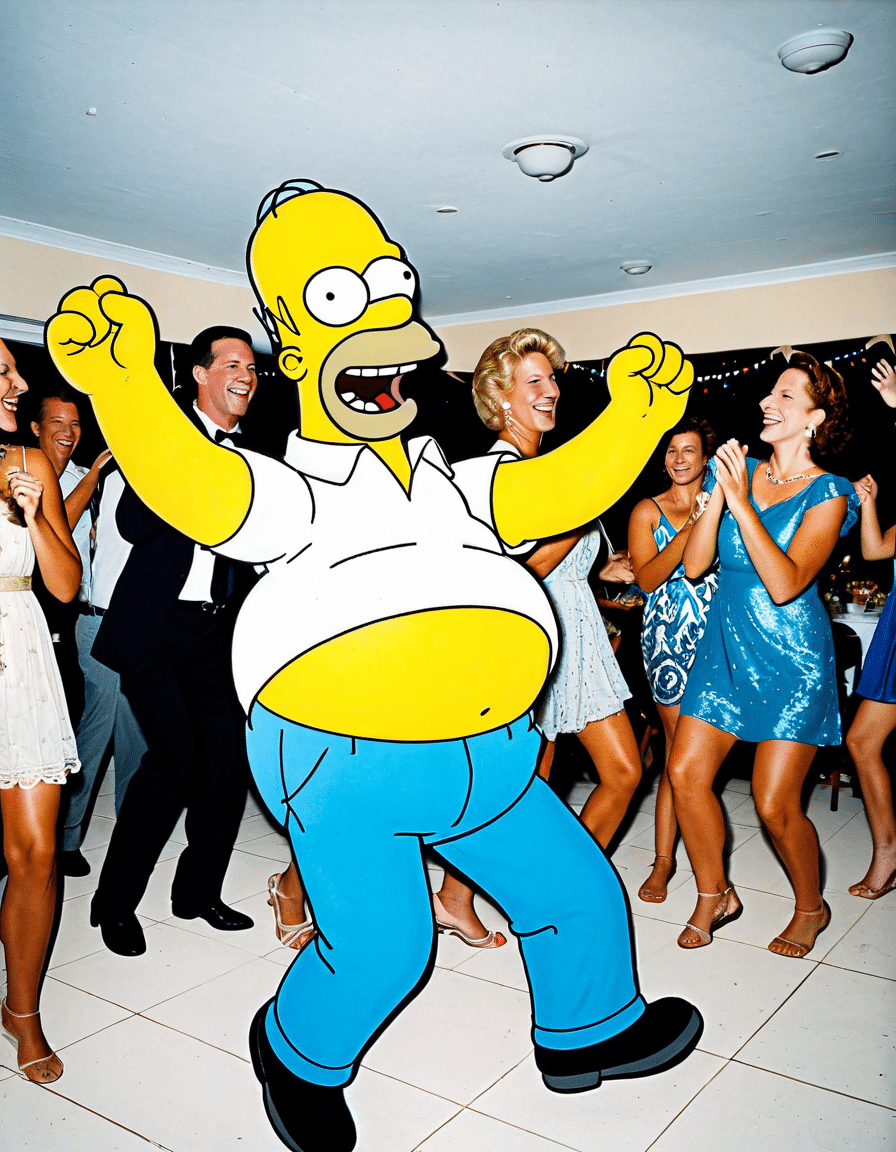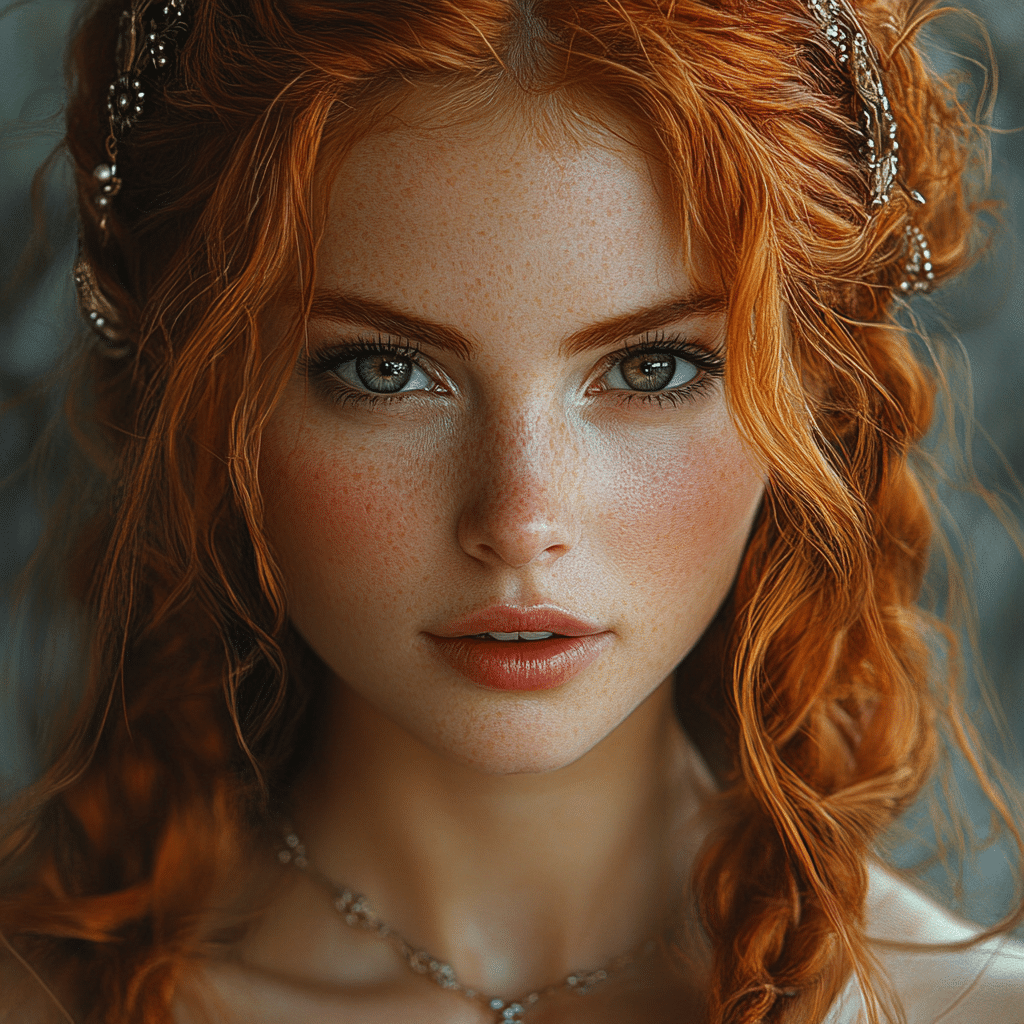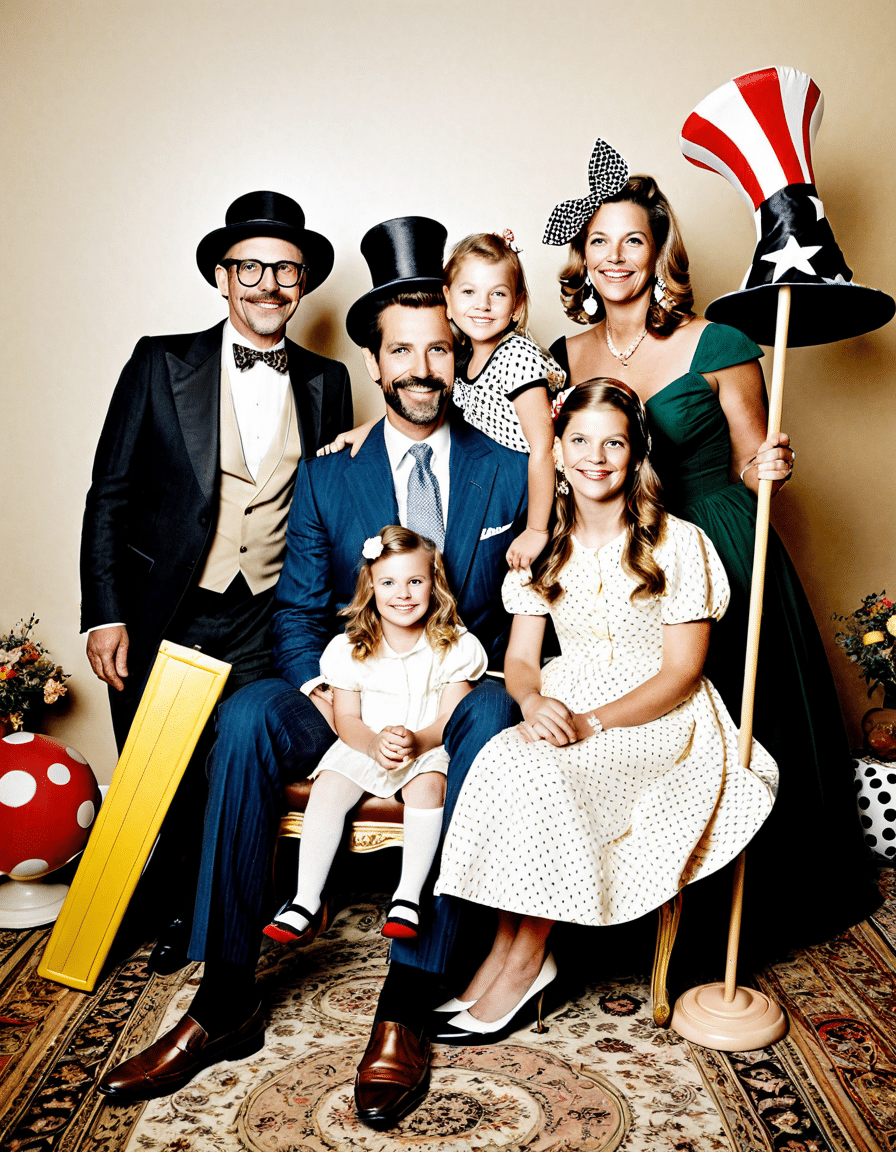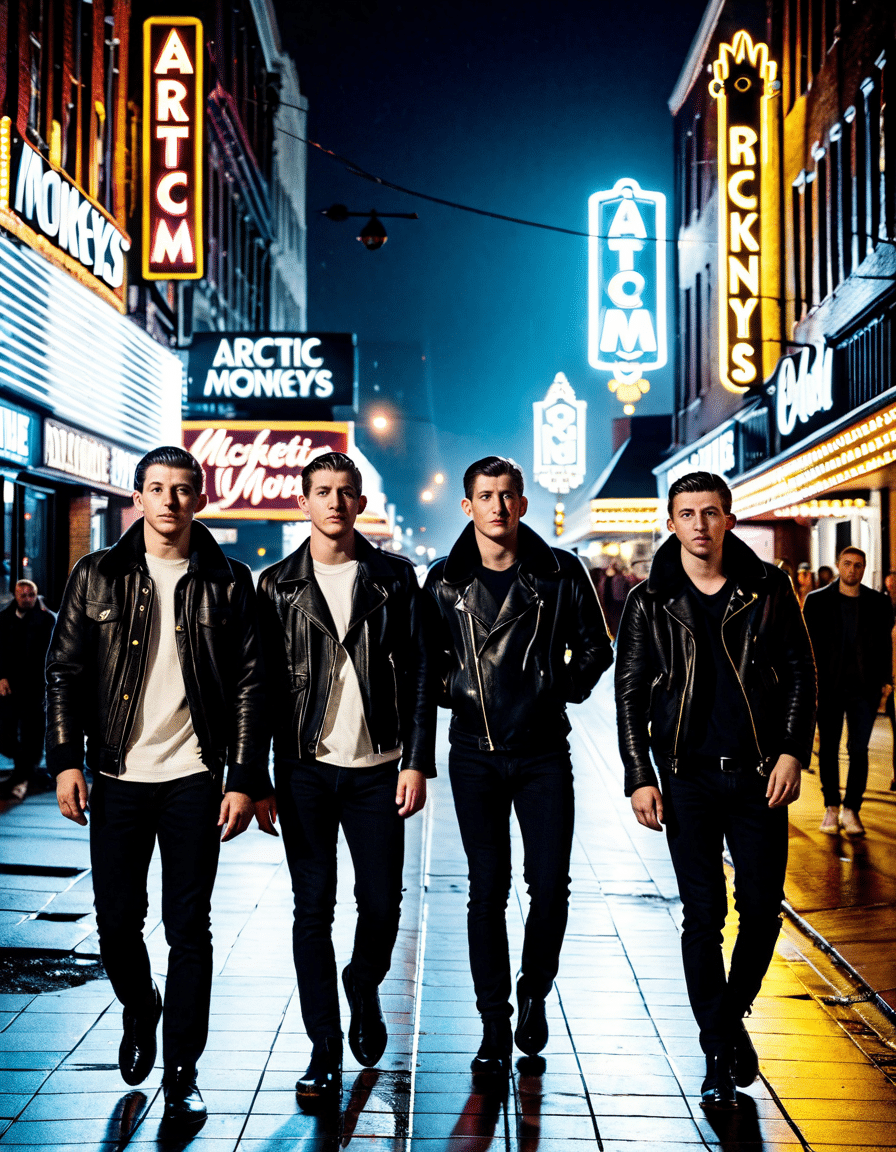Vampire movies have undergone a significant transformation over the decades. Once strictly the domain of classic horror tales, these films now weave complex narratives that delve deep into human emotion, desire, and societal fears. As we step into 2026, the genre continues to reinvent itself, expertly blending threads of terror with intricate themes of lust, morality, and identity. Join me as we explore how modern vampire films uniquely stand out in a crowded horror landscape, distinguishing themselves from popular trends like zombie movies and other thrillers.
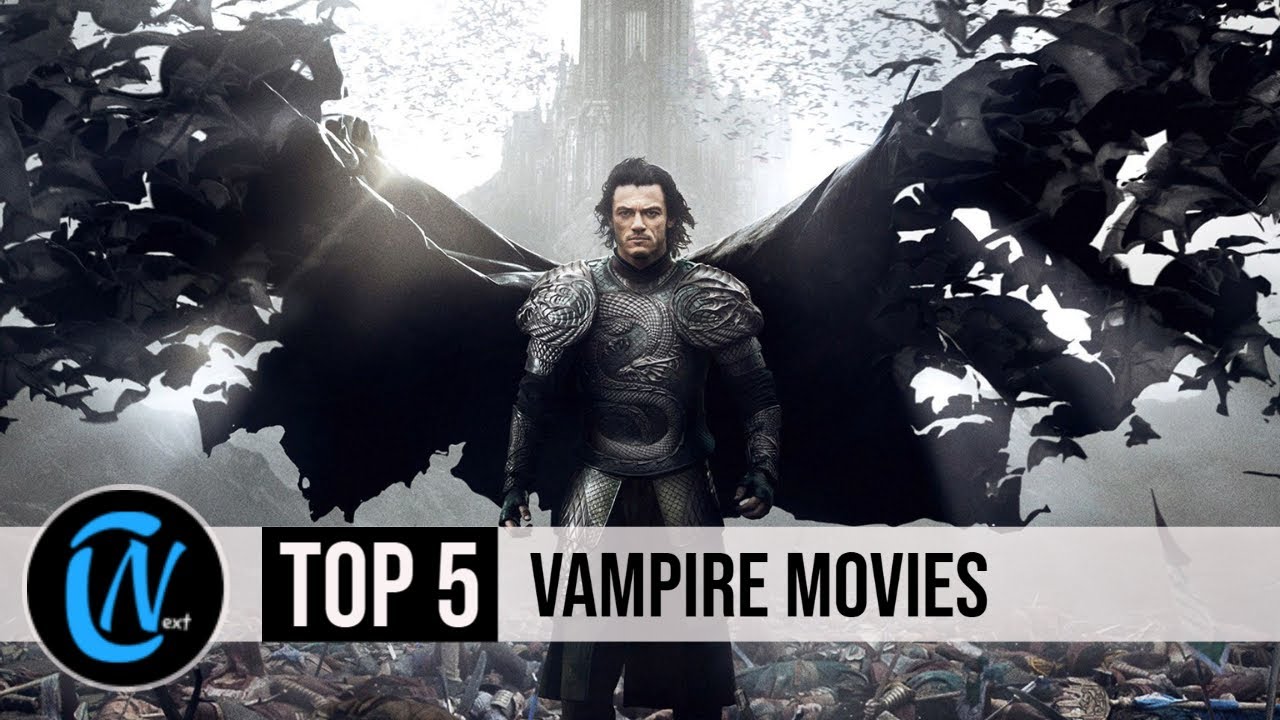
Top 7 Vampire Movies That Distinguish Themselves in Current Cinema
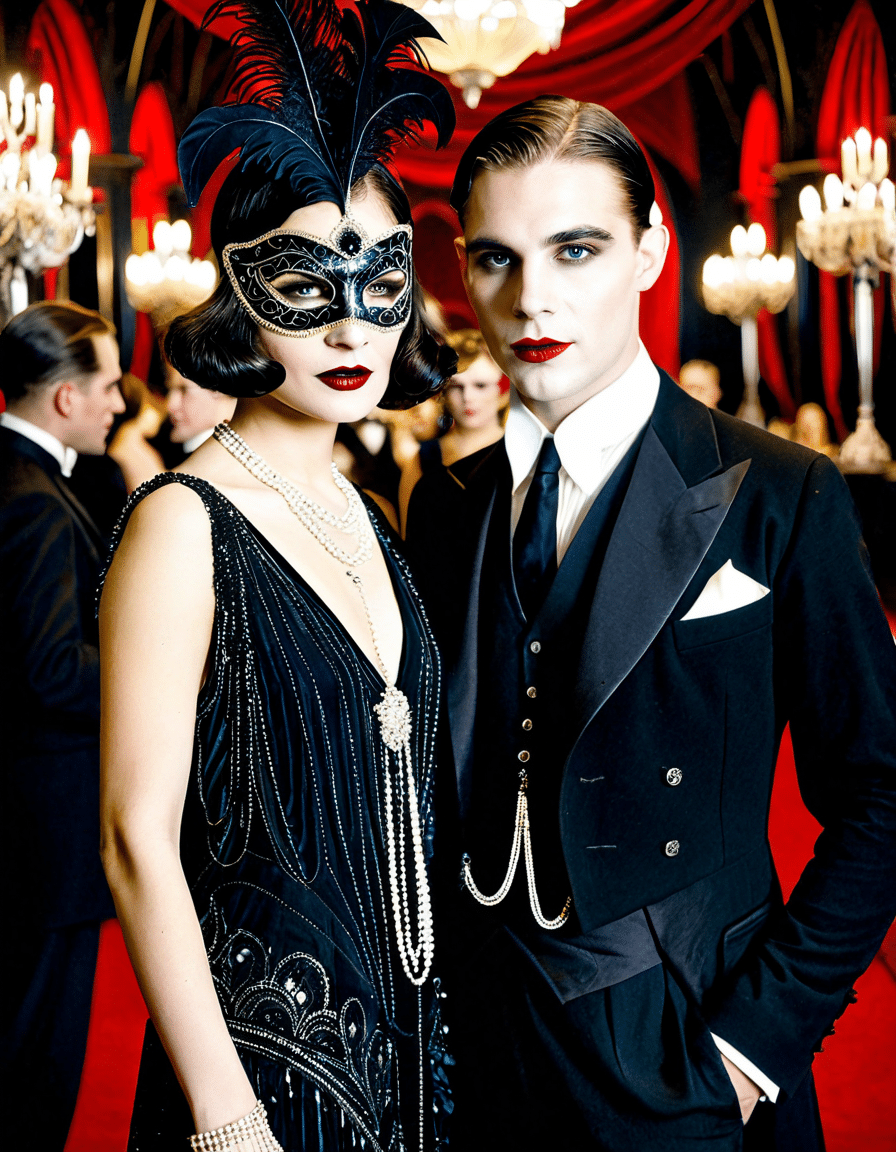
1. The Last Voyage of the Demeter (2023)
This chilling adaptation takes us aboard the ill-fated ship Demeter, chronicling Dracula’s haunting journey. It captures a sense of isolation that amplifies fear, producing an atmosphere that feels both claustrophobic and terrifying. By intertwining elements of traditional horror and psychological thriller, this film has emerged as a standout in the realm of new horror movies.
2. Midnight Mass (2021)
Though technically a limited series, Midnight Mass is a groundbreaking exploration of faith, addiction, and moral ambiguity through the lens of a small-town vampire narrative. It evokes a deep sense of existential dread while navigating intense desires and fears. This series draws in viewers in ways that contrast starkly with many zombie movies, which often focus primarily on survival.
3. Renfield (2023)
This fresh, comedic spin on the classic vampire saga shifts the spotlight from Dracula to his enduringly tormented assistant, Renfield. By blending humor with horror, it addresses themes of obsession and power dynamics in striking detail. This unexpected twist not only captures the complexities of desire but also reflects a broader evolution within the best horror movies.
4. A Wounded Fawn (2022)
Mixing psychological horror with vampire lore, A Wounded Fawn challenges viewers to navigate complex narratives of trauma and revenge. Far from traditional jump scares, the film elucidates the profound connection between fear and desire, illustrating how contemporary horror often dives into psychological depths. This perspective revitalizes the genre, making it as much about the mind as the monster.
5. What We Do in the Shadows (TV Series, 2019-present)
This mockumentary series delivers a brilliant blend of comedy and horror, showcasing the everyday lives of vampires as they intertwine with contemporary society. Its success lies in humanizing these monstrous figures while simultaneously exploring the dread tied to eternal life. It holds a unique position in horror—much like the impact of Spider-Man: Into the Spider-Verse in animation—in that it avoids clichés and dives into fresh territory.
6. Thirst (2009)
Park Chan-wook’s masterpiece expertly intertwines eroticism with vampiric themes, challenging societal norms regarding morality and desire. This South Korean gem gives viewers an innovative lens on the overlap between sexual awakening and horror. As a thought-provoking film, it plays a significant role in discussions about the evolution of vampire narratives.
7. Blade: The Vampire Hunter (2023)
This revival of the beloved franchise combines exhilarating action with deeper themes of racial identity and societal alienation. The film not only promises thrills—characteristic of the best horror movies—but serves as a platform for important conversations about the evolution and representation of vampire movies over the years.
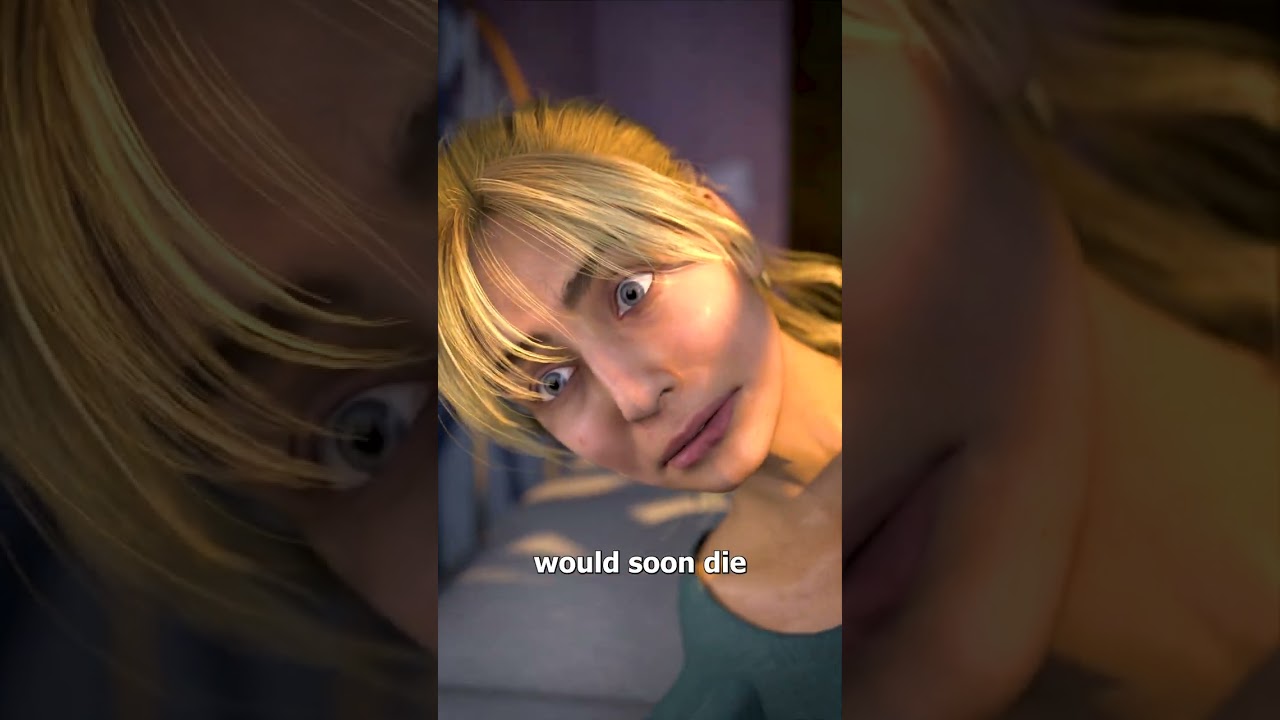
Why Vampire Movies Are More Than Just Scary Movies
Unlike zombie movies, which focus heavily on survival and collapsing societies, vampire movies dig into the psychological aspects of their characters. Audiences today crave narratives reflecting the duality of fear and desire. These films depict vampires as multifaceted beings rather than mere predators, embodying our contemporary anxieties surrounding power dynamics and sexual identity.
Films that utilize vampirism as a metaphor for addiction or morality allow viewers to confront their deep-seated fears in a safe space. For instance, while mainly a drama about the AIDS crisis, It’s a Sin (2021) cleverly integrates vampiric themes of consumption and innocence lost—providing an insightful commentary on how vampire narratives can mirror real-world issues.
By exploring these layered narratives, vampire movies challenge us to dissect our desires, fears, and moral complexities. When we view these stories through a lens of empathy, we uncover a deeper understanding of human nature, making each chilling tale resonate far beyond its runtime.
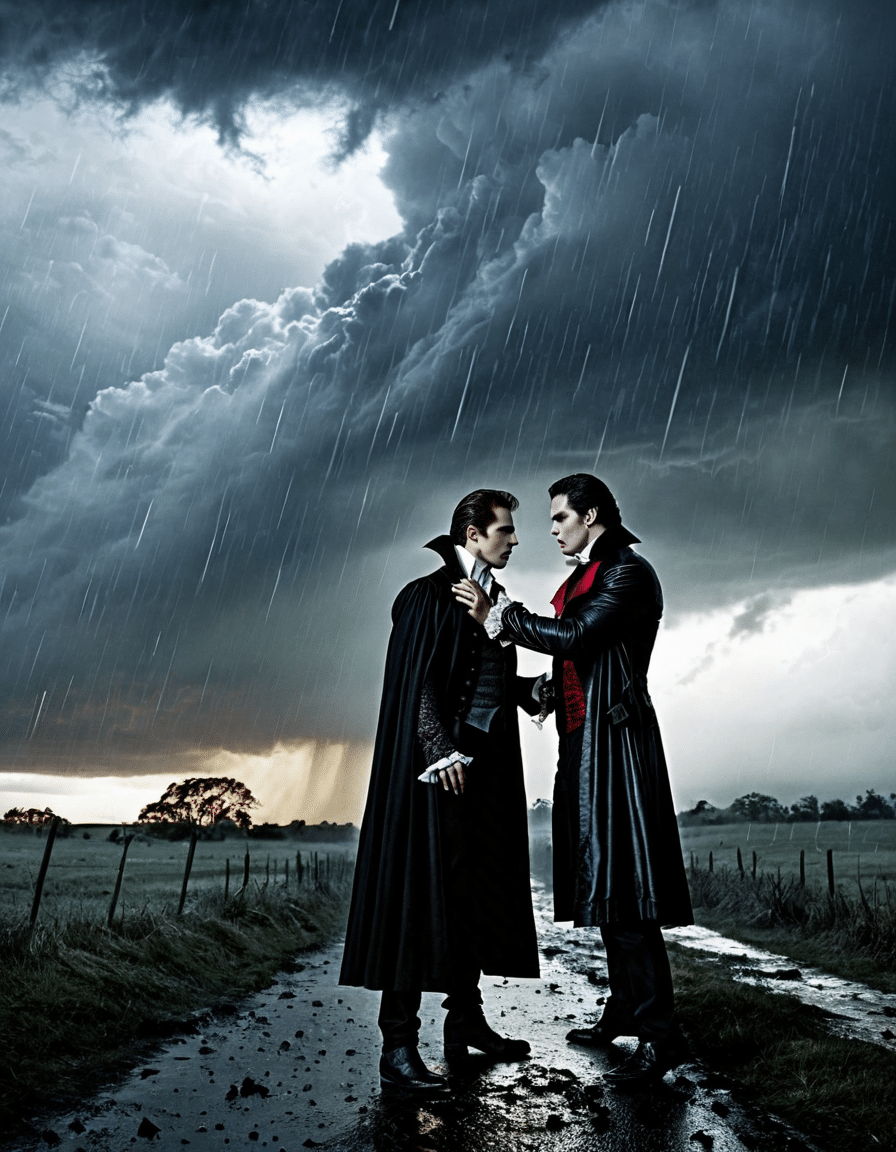
The Evolution of Horror: A Look Beyond Vampires
Vampire films don’t just captivate with suspenseful storytelling; they also influence or converge with other horror subgenres, such as thriller movies and psychological horror. As filmmakers push creative boundaries, the lines between genres blur, enriching the storytelling experience.
Recent years reflect thrilling crossovers where vampires flirt with tropes traditionally reserved for scary movies or psychological thrillers. The 2025 film Night Watchers is a prime example, merging vampire lore with the backdrop of a pandemic, effectively showcasing how fear can manifest in both supernatural and human threats.
In this regard, modern vampire films offer not just thrilling entertainment but also deep commentary about society’s evolving fears and desires. Focusing on the complexities of human experience, they create narratives that resonate with audiences, ensuring their relevance for years to come.
The continued transformation of the vampire genre suggests that its potential is far from exhausted. With shifting social dynamics and bold explorations of nuanced relationship themes, these vampire movies serve to redefine the cinematic landscape and enhance our understanding of fear and desire—ensuring audiences will remain captivated.
As we look forward to what’s next in horror, let’s not forget to keep an eye on the pulse of vampire films—they might just unlock the secrets of our darkest desires and greatest fears.
For those keen on exploring all genres, don’t miss out on checking Showtimes for the latest entries in horror and beyond! Who knows what kind of chilling tales await?
In the end, vampire movies are not just a genre; they’re a reflection of humanity itself. So gather your popcorn, turn down the lights, and prepare to lose yourself in a narrative that just might redefine your understanding of fear and desire.
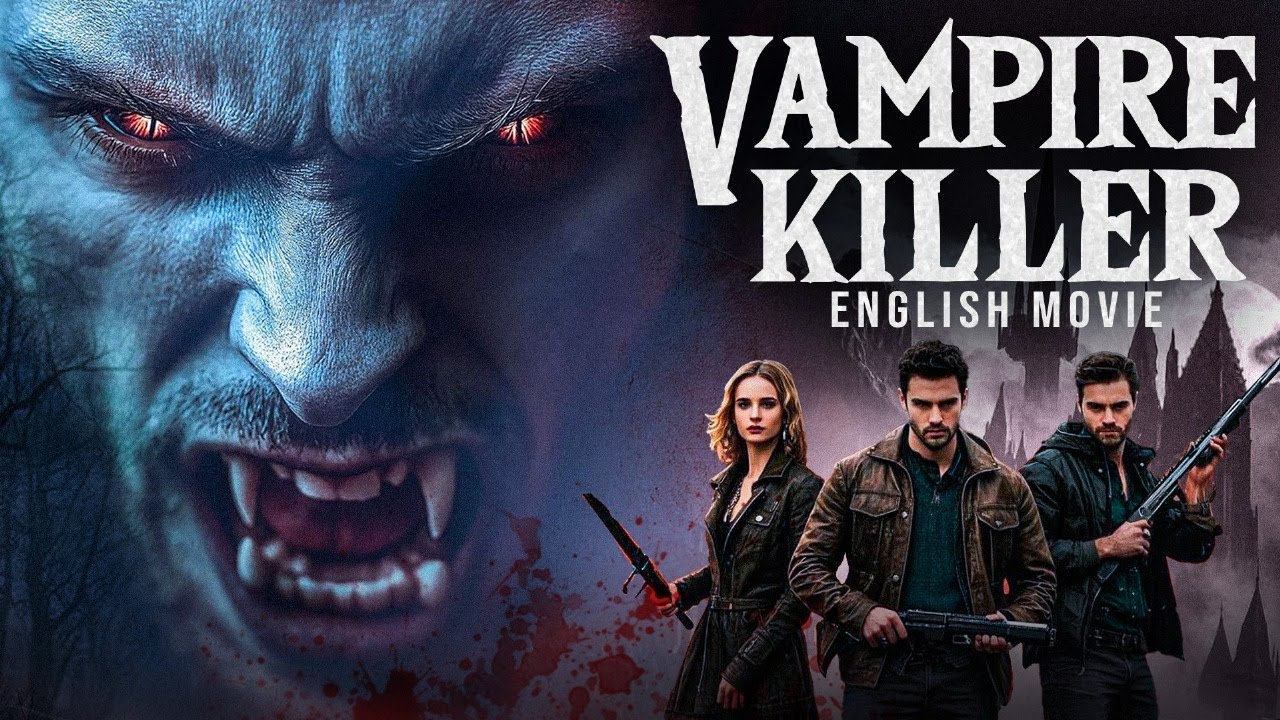
Vampire Movies That Redefine Fear and Desire Today
The Haunting Allure of Vampire Movies
Vampire movies have been captivating audiences for decades, skillfully blending horror and romance. They often reflect societal fears and desires, and interestingly, this genre even inspired some bizarre cultural phenomena—like the fascination with the dolly Parton dallas Cowboys connection. Just imagine a world where country music celebrities share screen time with blood-sucking fiends. These films can twist our notions of love, showing how desire can become dangerous.
Take ’Interview with the Vampire,’ for example. It revamps our idea of love and immortality, presenting vampires as misunderstood beings seeking connection in a cruel world. With its lush visuals, this film is as seductive as a late-night thrill. Similarly, modern vampire films can draw unsettling parallels to trends in gaming, where Vore Games create scenarios that explore desire and consumption, albeit in a more surreal fashion. Who would’ve thought that gaming could intersect with the seductive danger of vampire lore?
Iconic Performers and Behind-the-Scenes Gems
And let’s not forget the impactful performances that have defined vampire cinema. Actors like Rosalind Cash, who starred in ‘The Omega Man,’ showed that even in a genre rife with violence, strong characters could emerge, paving the way for more diverse casting. This blend of horror and humanity continues to resonate. More recent portrayals, such as those seen in ‘What We Do in the Shadows,’ demonstrate how humor can coexist with darkness, attracting a new generation of fans.
Behind the scenes, the infusion of creativity in these films is simply captivating. Consider the ambitious projects like War Of The Rohirrim, which reimagine classic lore with a fresh perspective. Such adaptations redefine traditional narratives, inviting more complex character arcs to the vampire genre. Even in franchises like Marvel, influences can be seen flowing into unexpected directions, famously highlighted in animated gems like ‘Spider-Man: Into the Spider-Verse.’ It shows how blending different genres can create fresh takes on familiar tales, proving that innovation is a never-ending pursuit in film.
Redefining the Genre for Today’s Audiences
As vampire movies evolve, they continue to redefine not just fear, but also how we perceive relationships. Just like the sports world, where fans are intrigued by stories like Justin Herbert’s girlfriend, the allure of on-screen vampires often leads to conversations about what it means to love and sacrifice. Vampire movies let us explore these themes without holding back, opening up conversations that are just as important as the scares.
Looking ahead, it’ll be interesting to see where the genre goes next, especially with events like the Wwe Royal Rumble 2025 which may bring unexpected collaborations. Vampire flicks will likely retain their chilling grip on our imaginations, striking a chord between thrill and the inexplicable bond that exists between life and death. In the end, fans of horror and desire alike will keep coming back for more blood-soaked stories that unearth the best—and often, the worst—of what it means to be human.
